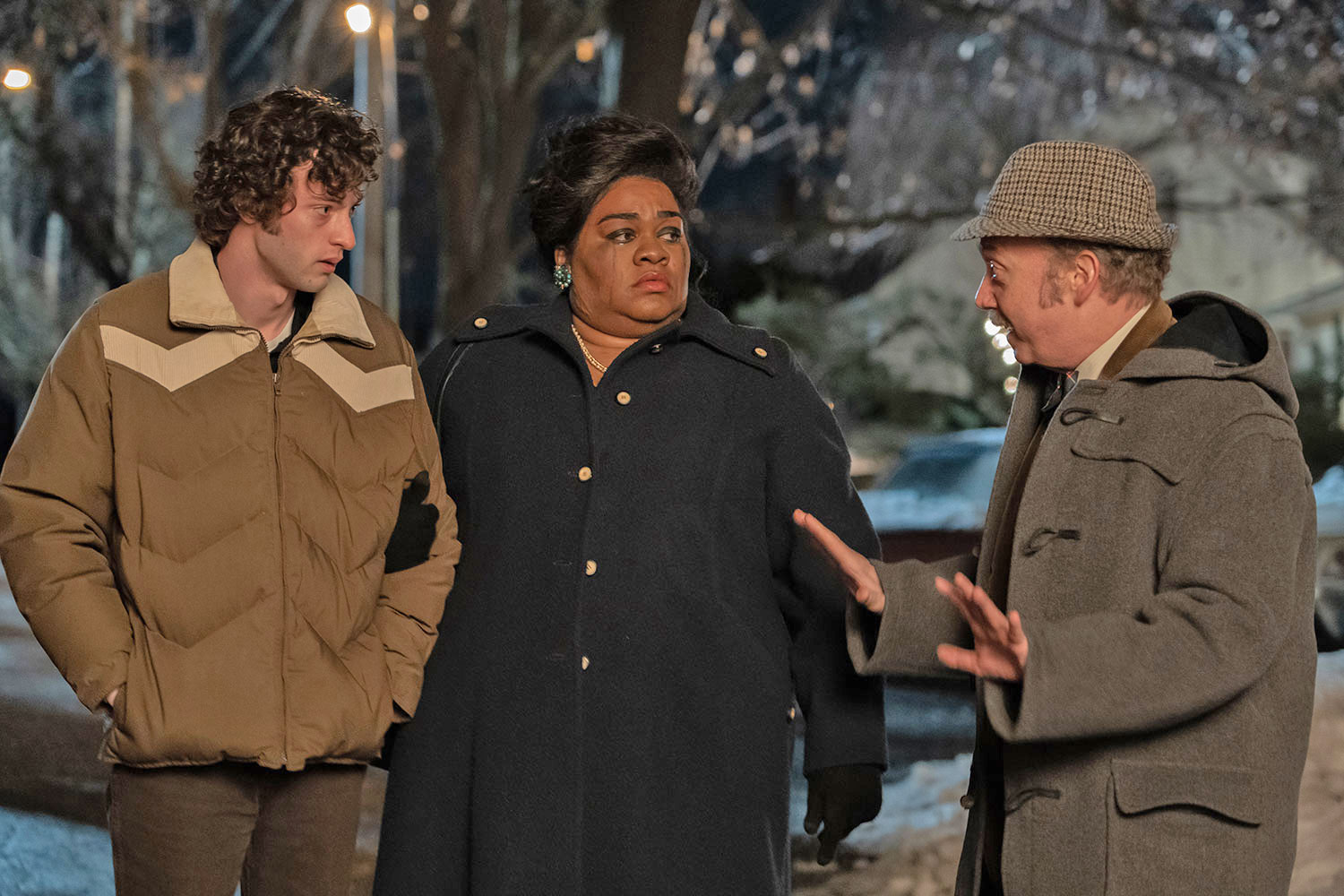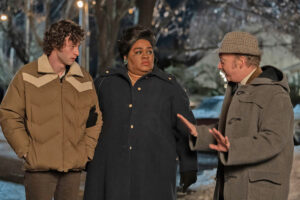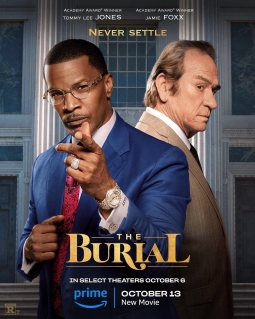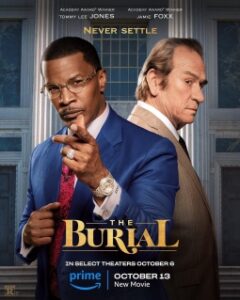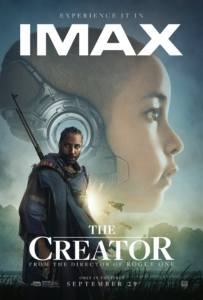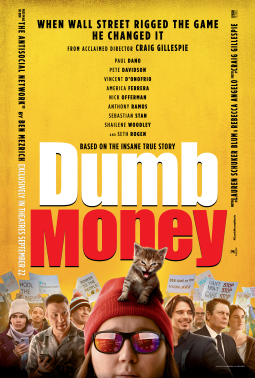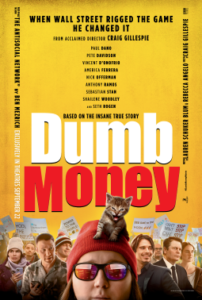Next Goal Wins
Posted on November 9, 2023 at 5:44 pm
B +| Lowest Recommended Age: | High School |
| MPAA Rating: | Rated PG-13 for some strong language and crude material |
| Profanity: | Some strong language |
| Alcohol/ Drugs: | Drinking and drunkenness |
| Violence/ Scariness: | Reference to very sad death of a child, comic vehicular injury |
| Diversity Issues: | A theme of the movie |
| Date Released to Theaters: | November 10, 2023 |

Meanwhile, in one of the funniest scenes of the year, Thomas Rongen (Michael Fassbender) is also being fired. To make it even more painful, the message is coming from the sport’s supervising panel, which includes his soon-to-be-ex-wife (Elisabeth Moss as Gail) and her new boyfriend (Will Arnett as Alex). They are not unsympathetic, but Tom’s performance and that of the team he coaches have deteriorated badly and they think he needs a chance of scene. There’s hardly a bigger change than a team in a tiny island on the other side of the world. Without any alternative, he goes, bringing a suitcase full of alcohol with him.
Taika Waititi, who co-wrote and directed the film and appears briefly as a minister, benefits from one of the most enduringly popular of all genres, the fact-based underdog team combined with the redemption arc for the coach story — think of “The Bad News Bears” or “A League of Our Own.” He is very aware of the minefield that is impossible to avoid in a story of people of color whose job in these stories is usually to be cute and a little bit simple and to be both enlightened by the more sophisticated, if troubled, white coach and to enlighten him as well with their folk wisdom. Waititi, who grew up in New Zealand with a white, Jewish mother and a Maori father, has a delicate touch, and calls out the issue explicitly a couple of times to let us know that these characters and this film may be whimsical, almost a fairy tale, but these are real people who are very aware of these tropes not just in stories, but in their lives. They even joke about not wanting Tom to be a white savior and about pretending to share mystical native wisdom to inspire him. There is gentle humor about the Samoans, but not at their expense. We do not get to know too many of the players, but Tavita and his wife Ruth, played by the wonderful Rachel House, have significant roles.
Waititi’s character almost winks at us as he introduces the film, telling us it is a true story “with a couple of embellishments.” But the parts you might guess are made up really did happen. One of the team’s star players was Jaiyah Saelua, a trans woman in our terms, but in Samoan culture a part of a third gender called fa’afafine that is not only accepted but cherished. In real life, Tom was supportive of Jaiyah without any hesitation, but the film adds some tension by giving Tom some trouble accepting Jaiyah (a heartfelt performance by non-binary actor Kaimana). And the basics of the story really happened, including the ignominious Australia game and how meaningful the experience was for Tom and the Team.
It is warm-hearted and endearing. It has the same appealingly modest tone that the team does; it just wants to have fun and score one goal.
Parents should know that this film includes some strong language, drinking, a very sad off-screen death, a vehicular injury played for comedy, and some discussion of being uncomfortable around non-binary and trans people (note, in real life, as you can see in the documentary, Rongen was unhesitating and unequivocal in his support for the trans player).
Family discussion: Have you ever had a coach who made a difference in your life? What would you do if you were asked to coach this team?
If you like this, try; “A League of Their Own,” “The Damned United,” and “Ted Lasso”


